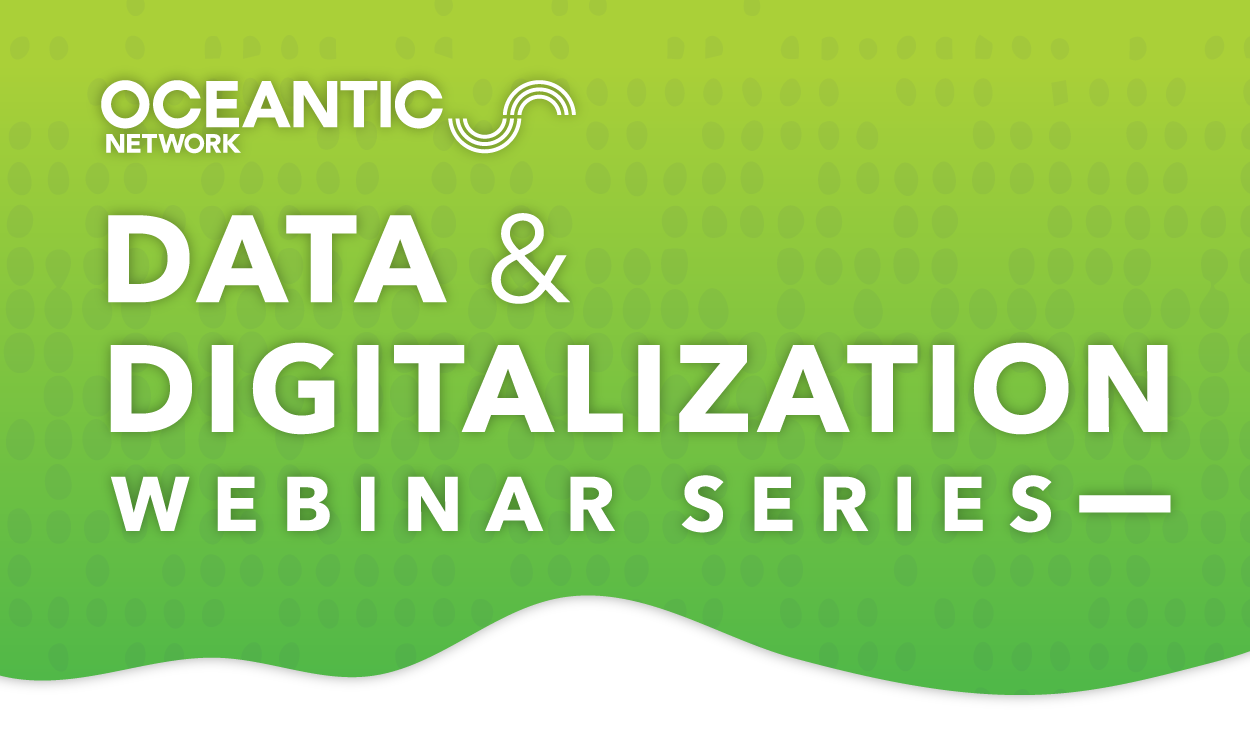Geo-Data: The Hidden Backbone of Offshore Energy Expansion

Geo-Data: The Hidden Backbone of Offshore Energy Expansion
September 10 @ 11:00 am - 12:00 pm

America aims to maintain energy independence, and a ten-fold increase in energy demand from AI will require accelerated growth in domestic energy production and infrastructure expansion. One of the virtues of offshore energy is that it does not take up valuable real estate on land. But for any large infrastructure project to succeed, especially in the marine environment, it must also excel at risk management. Conventionally, stakeholders focus on regulatory, policy, market, financial, and social risks. In this session, we zero in on what’s arguably the unsung hero behind every energy project success: geo-data.
Regardless of the energy project type––oil and gas, offshore wind or carbon capture, utilization and storage (CCUS), we will explore:
—Types and Timing: What types of geo-data do government agencies collect? Why do private surveyors need to gather and analyze additional geo-data?
—Impact on Viability: How does geo-data impact ground risks, operational and commercial viability of marine energy projects?
—Long-Term Benefits: What happens to the collected data, how do ocean science and the public benefit?
About Registration:
Register now for this webinar on September 10, or explore our bundle option to secure access to the full, 5-part Data & Digitalization webinar series.
— After you register, a confirmation email will be sent to your inbox.
— A Zoom link to join the webinar will be sent to your inbox 1 hour prior to the start of the event.
—Registration closes 1 hour before the webinar begins.
Want access to the full Data & Digitalization webinar series? Select the bundle option during registration to be automatically enrolled in all future webinars in the series. You will receive confirmation emails for each webinar as they become available for registration. You will also receive a link via email to recordings of any past webinars, giving you access to the full series with one single payment.
Learn more information about the entire Data & Digitalization webinar series.
